The subject of Ayurveda is vast but simultaneously simple and user-friendly.
The question “What is Ayurveda about” is one I get asked frequently.
This post will seek to explain what Ayurveda is about, where it came from, and how you can use it to understand yourself and improve your health and well-being.
Whether you're just starting to learn about Ayurveda or looking for a refresher, this post will provide you with the basics of this holistic system of health and healing.
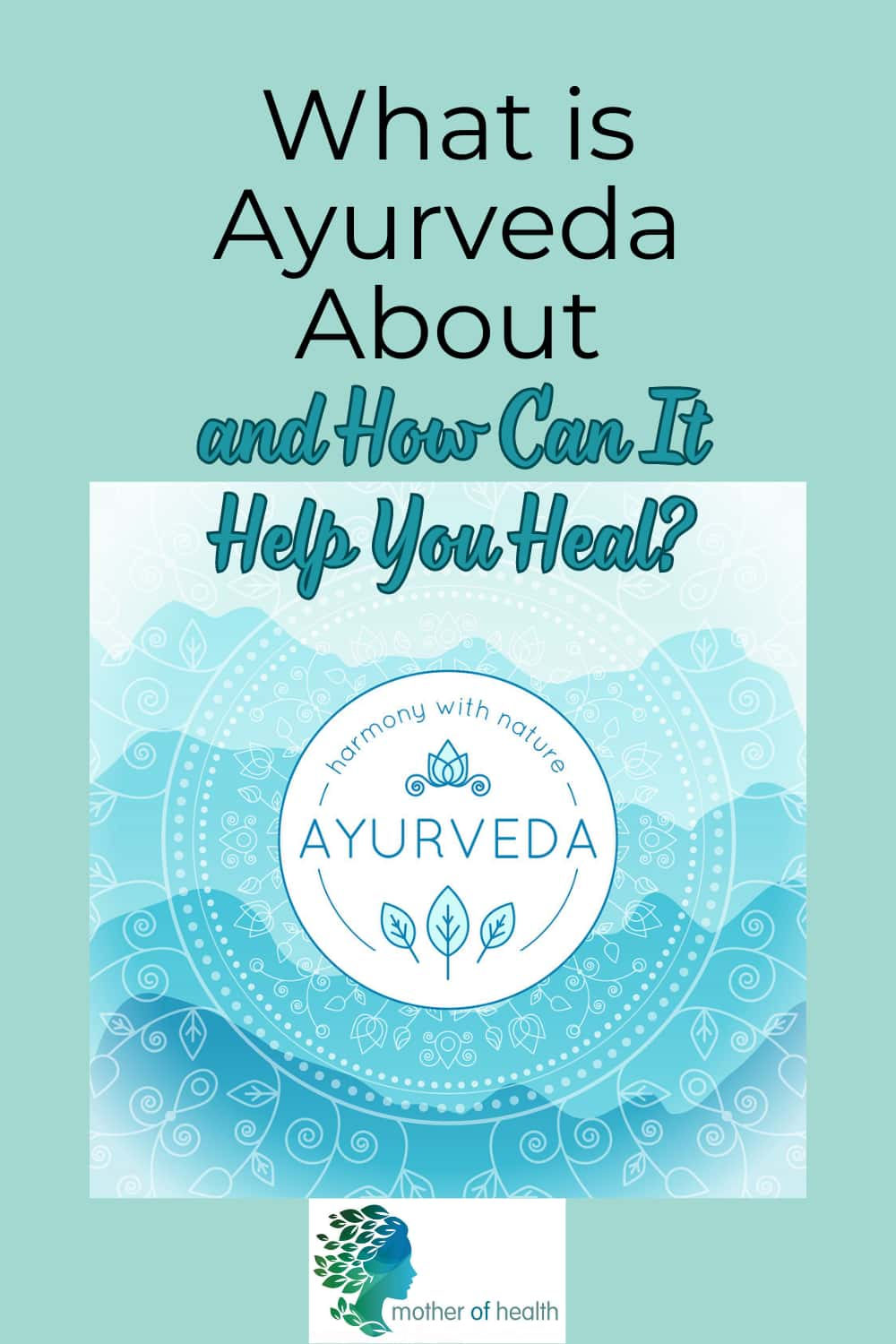
What Is Ayurveda About?
Ayurveda is a profound holistic healthcare system and approach to life. It is one of the main forms of healing given to mankind by ancient teachers thousands of years ago. The roots of Ayurveda are part of Indian philosophy, the Vedas.
The Vedas are four ancient books of knowledge estimated to be between 5 – 10 thousand years old.
The Rig Veda is a collection of hymns.
The Yajur Veda and Sama Veda are the foundations of Indian philosophy.
The fourth Veda is the Atharva Veda, which dates from 1200 and is the primary sourcebook for Ayurveda. The Vedas contain ancient knowledge of how our world works as well as the secrets of sickness and health.
During the age of this ancient civilization, lived enlightened rishis or seers. These beings were said to have a higher consciousness and keen perception.
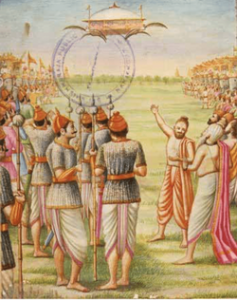
It's possible these evolved beings came from other star systems. This isn't something taught in books or schools, rather just my own pondering. But, the Vedas, the ancient Indian texts talk about Vimanas (flying machines/spaceships)…
There is no way to know for sure, but I have often wondered where all the different gods and deities from different religions came from since they were not human.
It seems every ancient civilization had contact with gods who came from the sky. Whenever they appeared lights, halos or smoke accompanied them. They were super intelligent and had superpowers and technologies.
These beings knew all about astronomy, like the precise location of planets in the sky, and their positions and influence on humans. They knew how to cure diseases through the use of plants and herbs, and they were able to perceive how nature operates with its rhythms and cycles.
Ayus = knowledge and Veda = life
Below is a short clip from the History Channel's most popular show, Ancient Aliens. This episode is titled “Alien Operations” and is about Ayurvedic surgeries performed by the Gods.
But just who were the practitioners of this extraordinary knowledge? And where did their knowledge of the body come from?
This episode asks if it's possible that these Gods may have been extraterrestrial beings who came to Earth to teach humans how to heal and understand themselves and the world or realm we live in.
Ayurveda is the knowledge or science of life
Ayurveda offers life-promoting wisdom designed to help you stay vital while realizing your full human potential. Furthermore, it gives guidelines on daily living and seasonal routines, diet, and the healthy use of the senses. Understanding the fundamental principles of Ayurveda also involves exploring what is the cause of disease, which can provide deeper insights into maintaining health.
Ayurveda recognizes that health is a dynamic integration of body, mind, and spirit with your environment. It offers a body of wisdom designed to help you stay vital while realizing your full potential.
Discover the Ayurvedic lifestyle at The Ayurveda Experience!
Imagine Ayurveda as a “personalized health roadmap.” Just like you'd use a GPS to find the best route based on current conditions, Ayurveda provides guidelines for living based on an individual's unique constitution and the surrounding environment.
The Laws of Nature Affect Your Life
According to Ayurveda, there are laws of nature or a cosmic intelligence that governs the growth of all living things.
For example:
Puppies grow into dogs…
Kittens grow into cats…
Acorns into oak trees.
and babies grow into adults.
From the tiny world of whirling atoms to the huge world of galaxies, there are timeless laws of nature or a cosmic intelligence that regulates everything. Consequently, this makes Ayurveda as relevant today as it was over 5000 years ago.
The goal of Ayurveda is to live in harmony with cosmic intelligence. Then your own intelligence is heightened as a result.
Mother of All Healing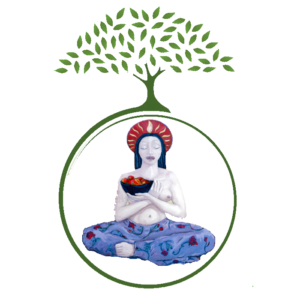
Ayurveda is often referred to as the “Mother of all Healing”. It influenced Chinese and Tibetan medicine and the humoral medicine practiced by Hippocrates in ancient Greece.
In fact, the basic principles of allopathy and homeopathy all have roots in Ayurveda.
Ayurveda evolved in a time when medicine and philosophy were one and the same. As a result, this is likely why philosophical views are found throughout Vedic thinking.
How Does Ayurveda Work?
Ayurveda recognizes that we are a microcosm of the macrocosm. In other words, we are a small part of the universe and our bodies have the same 5 elements or energies as the world around us. These are the same energies or forces that animate and move the oceans, stars and the planets.
You have a unique constitution (body/mind type). This is the foundation of Ayurveda. Therefore, your constitution is related to 3 vital energies and 20 qualities within your body unique to you.
If you are living in harmony with the laws of nature illness and disease can't touch you. However, if you are living out of harmony, you will be more susceptible to illness–both physical and mental.
What are Doshas?
The three vital energies in your body, are known as doshas or Vata (wind) Pitta (fire), and Kapha (earth or structure). This mix is your unique constitution.
The Three Doshas – Vata, Pitta, and Kapha:
Think of these as the three primary colors. Just as you mix primary colors to get various shades, each person is a unique blend of these three doshas.
Vata can be likened to the wind. It's cold, dry, and light. People with a dominant Vata are often energetic, creative, and can be anxious. They might feel the cold easily. Imagine them as “breezy” individuals whose thoughts and actions can be as unpredictable as a gust of wind.
Pitta is like the midday sun: hot, sharp, and intense. Those with a Pitta dominance are often intelligent, goal-oriented, and can be fiery or irritable. They might not tolerate spicy food well. Envision them as “sunny” people who are bright and warm but can get too hot under the collar at times.
Kapha can be compared to the early morning fog – cool, moist, and heavy. People dominant in Kapha are calm, loyal, and can be sluggish or resistant to change. They might gain weight easily. Picture them as “earthy” individuals who are stable, and grounded, but might need a nudge to get moving.
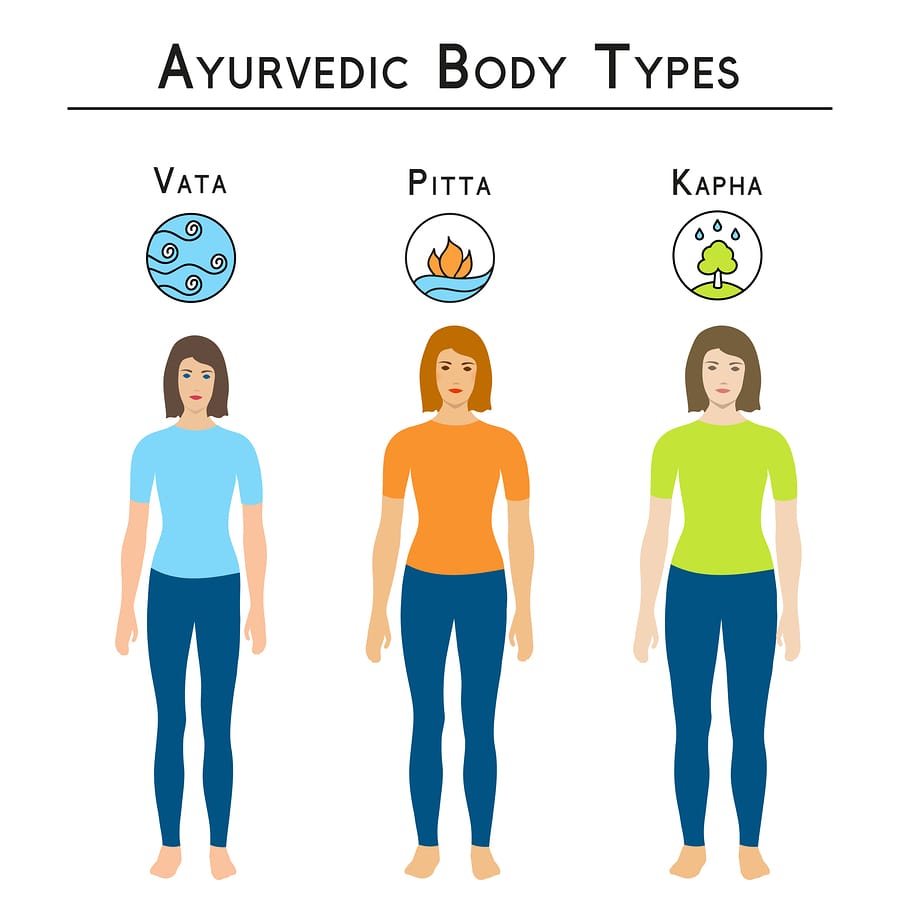
- If Vata is dominant in your system, you will tend to be light, thin, enthusiastic, energetic, and changeable.
- If Pitta is dominant in your system, you will tend to be intelligent, intense, and goal-oriented. You will have a strong appetite for life.
- If Kapha is dominant in your system, you will be emotional, easy-going, methodical, and nurturing.
The doshas (or a mix of elemental energies) determine your characteristics, like the shape of your body, the color of your eyes and hair. Furthermore, even your cravings for certain foods, and how your mind works is due to your unique mix of doshas.
Although each of us has all three forces, most people have one or two that dominate. All of Ayurveda revolves around knowing who you are, so find out here:
Ayurveda and Yoga are Sister Sciences
Ayurveda is the healing side of yoga. Yoga is the spiritual side of Ayurveda. Ayurveda and Yoga developed together and 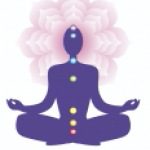 complement one other perfectly.
complement one other perfectly.
What is Ayurveda about? Ayurveda is about the science of self-healing! Its focus is to alleviate disease and restore health so that you have the necessary energy to pursue the spiritual goals of Yoga. For instance, it's very difficult to focus on spiritual growth if you are tending to a sick body or mind.
In fact, Ayurveda and Yoga are so connected that you can't fully practice one without practicing the other. Combining the wisdom of these two sciences gives you a complete approach to physical, emotional and mental health.
Ayurveda and Chronic Diseases
Western medicine focuses on curing specific symptoms. Therefore, it's awesome at what it does best which is acute care. You don't want to go to an Ayurvedic practitioner for emergency-type conditions. Go to your primary doctor or ER straight away.
But for treating chronic diseases Ayurveda has way more to offer. Almost all chronic conditions just call for a diet and/or lifestyle change to heal.
Now do these Ayurvedic rituals everyday to improve your health.
Ayurveda focuses on treating the root cause. It brings the body back into balance so your symptoms disappear.
Any symptom you may be experiencing is a signal or message that you are living out of balance with the laws of nature.
Yet, symptoms are your friend. Since they get your attention, they give you an opportunity to course correct.
There is also a great emphasis on the prevention of disease and a positive way of living. Ayurveda teaches that maintaining balance and harmony within oneself is key to overall health. This holistic approach means taking care of all parts of yourself—body, mind, and spirit. When your body is thriving, your emotional, mental, and spiritual health are also positively impacted.
If you are interested in deepening your understanding of these principles, exploring Ayurveda Books can provide valuable insights and practical guidance on how to integrate these practices into daily life.
What is Holistic Health?
Your natural state is one of health, happiness and an inner sense of well-being.
Ayurveda defines health as being clear of toxins, a peaceful mind, and calm emotions.
When all these things are in harmony, you experience health. When they are not, you experience symptoms or diseases.
Ayurveda is the practice of creating harmony. Where there is harmony there is health. Where there is disharmony, there is disease.
“As long as we are not living in harmony
with nature and our constitution, we
cannot expect to be really healed.
Ayurveda gives us the means.”
~David Frawley
Balance and Holism
If you think of health like a balanced seesaw, Ayurveda aims to keep it level. If one side dips (e.g., too much work and stress), Ayurveda suggests ways to bring the other side up (e.g., relaxation techniques and nourishing foods).
In a nutshell, Ayurveda is like having a customized owner's manual for your body, guiding you on how to maintain balance and harmony in both body and mind. It recognizes that just as each person is unique, their path to health and wellness will be distinct too.
Ayurveda Lifestyle Products

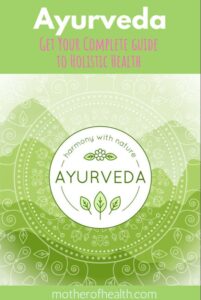

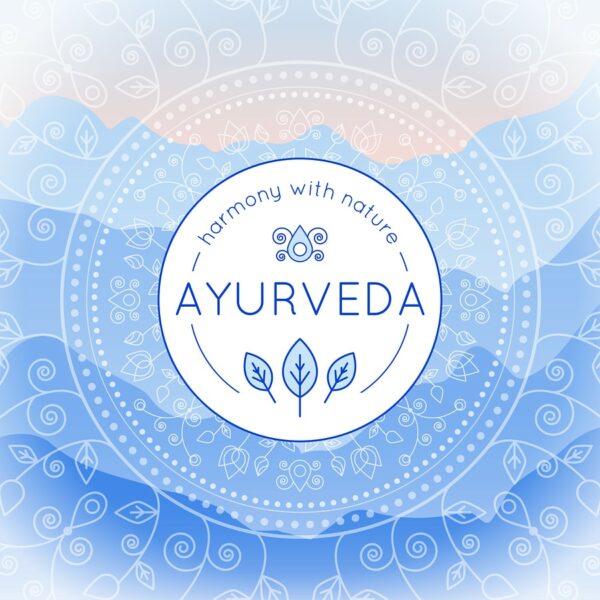
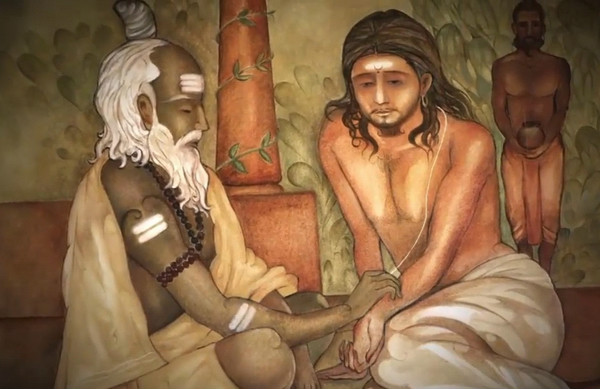




I especially like what you have to say about chronic diseases. It’s certainly true that most conditions do require a change to a person’s diet or lifestyle. Even if that change doesn’t cure the condition, it can reduce the symptoms and make them more manageable. Changing the diet is certainly a key aspect of this but I can see how holistic health could also play a role, especially as it is likely to reduce stress and potentially help with some emotional challenges.
Hi Vincent… Essentially everything we take in through any one of our senses affects our health. Ayurveda heals by using 5 sense therapy. (diet, aromatherapy, sound therapy, massage, color therapy) Ayurveda views each person with as unique, with a unique constitution. It’s also based on the belief that nothing is right for everyone and everything is right for someone. …and yes, finding ways to keep stress at a minimum is huge…which is where meditation comes in handy. 🙂 Thanks for your comments.
Ayurveda is really growing in popularity in the UK and several traditional Ayurvedic medicines are widely available, such as turmeric. When I visited India I had several Ayurevdic massages in which oils prepared with over 40 or more different herbs and ghee were used. They smelled divine. Oddly, the massage was carried out in a brighlty lit room which made it difficult to relax. Is this normal? Thanks.
Hi Dr. Sarah…In India, it most likely is normal as they don’t seem to value aesthetics and comfort as much as Americans. Did you do full panchakarma or just a massage?
I like the idea that if your body is in harmony illness can’t touch you. I started yoga as a way to manage my depression and it really helps. Leaning more about my body’s balance is proving to be a long journey albeit a good and necessary one. Thanks for the info!
Hello Celena, So happy you are managing depression with yoga. Sometimes it’s the most subtle activities that help the most. Do you meditate as well?
Hi, I have had severe back and pelvis pain for nearly 25 years since the birth of my beautiful son. I have been taking opiate based medications for at least 15 years. I’m now showing severe signs of addiction to these meds, I’m sweating profusely and feel got and cold and totally drained if I’m 1/4 of an hour late taking 3 hrly meds. I realise this is very complex but can you suggest anything to make a detox start. Many Thanks, Helen
Go slow and find someone to guide and help you in your healing journey.